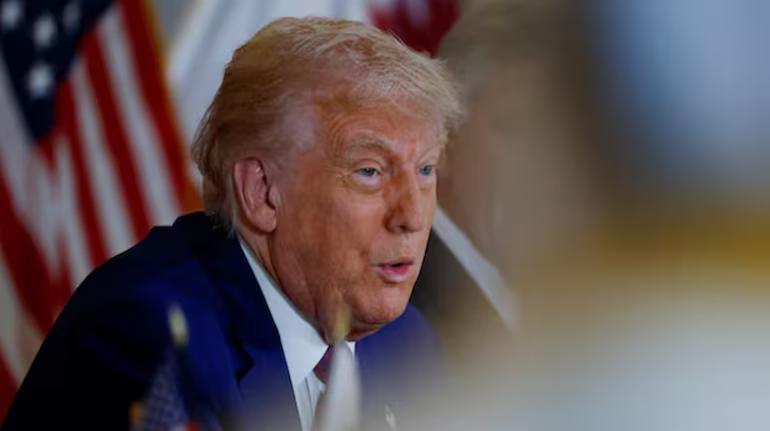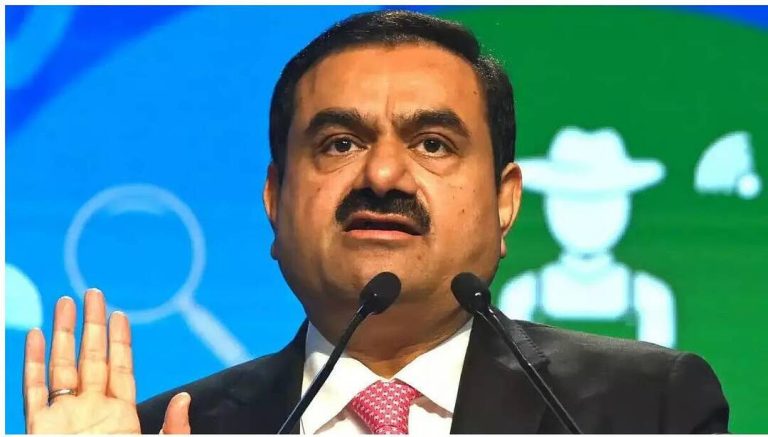
Trump buys $82 mn in corporate, municipal bonds since late August
In a move that highlights the complex and often conflicting interests of the US President, Donald Trump has continued to invest in corporate and municipal bonds, including those of companies that have benefited from his administration’s policies. According to recent financial disclosures, Trump has purchased at least $82 million in corporate and municipal bonds from late August to early October. This development has raised eyebrows among financial analysts and ethics experts, who are scrutinizing the President’s investment decisions for potential conflicts of interest.
The corporate bonds purchased by Trump include offerings from prominent tech companies, such as chipmakers Broadcom and Qualcomm, as well as social media giant Meta Platforms. These companies have all been impacted by Trump’s policies, with some benefiting from his administration’s decisions on trade and regulation. For instance, Broadcom and Qualcomm have been major beneficiaries of the Trump administration’s efforts to promote the development of 5G technology and restrict the use of Chinese telecom equipment.
Trump’s investment in municipal bonds is also noteworthy, as it highlights the complexities of his financial dealings. Municipal bonds are often used to finance infrastructure projects, such as roads, bridges, and public buildings. By investing in these bonds, Trump is essentially lending money to local governments and municipalities, which can then use the funds to finance various projects. However, the fact that Trump is investing in these bonds while also serving as President raises questions about potential conflicts of interest.
One of the primary concerns surrounding Trump’s investments is the potential for him to use his presidential powers to influence the value of his assets. For example, if Trump were to use his executive authority to promote the interests of companies in which he has invested, such as Broadcom or Qualcomm, it could potentially increase the value of his investments. Similarly, if Trump were to use his influence to secure favorable treatment for municipalities in which he has invested, it could also impact the value of his municipal bond holdings.
Another issue with Trump’s investments is the lack of transparency surrounding his financial dealings. While the President is required to disclose certain information about his investments, such as the names of the companies and the approximate values of his holdings, the disclosures do not always provide a complete picture of his financial activities. This lack of transparency makes it difficult for the public to fully understand the scope of Trump’s investments and the potential conflicts of interest that may arise.
The news of Trump’s investments in corporate and municipal bonds has sparked a lively debate among financial analysts and ethics experts. Some have argued that Trump’s investments are a clear example of the “revolving door” between government and business, where politicians use their influence to enrich themselves and their associates. Others have pointed out that Trump’s investments are a natural consequence of his business background and his efforts to diversify his portfolio.
Regardless of one’s perspective on the issue, it is clear that Trump’s investments in corporate and municipal bonds raise important questions about the ethics of presidential financial dealings. As the US President, Trump has a unique position of power and influence, and his investments have the potential to impact not only his own financial interests but also the broader economy and society.
In conclusion, Trump’s purchase of $82 million in corporate and municipal bonds since late August highlights the complex and often conflicting interests of the US President. While Trump’s investments may be a natural consequence of his business background and efforts to diversify his portfolio, they also raise important questions about potential conflicts of interest and the ethics of presidential financial dealings. As the public continues to scrutinize Trump’s investment decisions, it is essential to prioritize transparency and accountability in presidential financial dealings to ensure that the interests of the President align with those of the American people.





